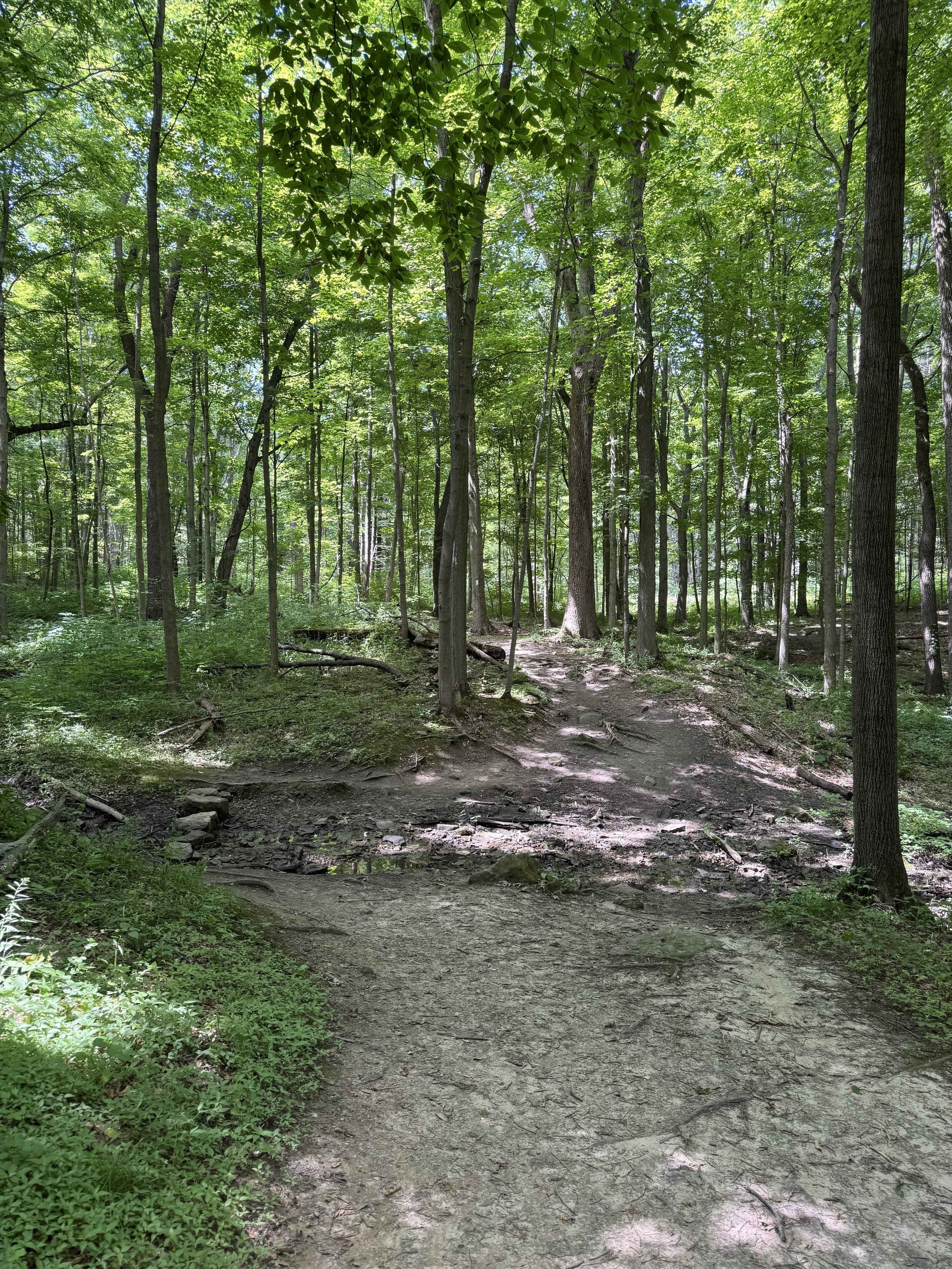
Protecting vulnerable people from digital misinformation
Several readers suggested that I write about vulnerable populations in an Age of AI. Take seniors for example. Already, digital life is bewildering and disempowering for many who are not familiar with ins and outs of the internet and smartphones. Imagine how confusing it is now for those folks — it is hard for them to tell what is real and what is fake. An AI avatar or a digital image can seem more real than the real thing to many.
Imagine the feeling of powerlessness, vulnerability and helplessness that older people — or any one who is uncomfortable with the complexities of digital life — in a world peopled by AI agents who convincingly look like fake people.

In an age of AI and automation, happiness is deeply human
We are deep into the digital age now. The transition to a digital life started with mass media in the 1950s and accelerated with the web and social media is now in high gear with generative artificial intelligence. Information is easier to access, knowledge of current events is nearly instantaneous, and we have the possibility to connect with pretty much anyone, anywhere. It all seems so surreal, so awesome.
So why are we so unhappy? Why do we feel like there is something wrong? Why do we have a feeling that things are not as they seem or should be?

Learn AI or become irrelevant
Dr. Korinek says some pretty shocking things in this interview, in a calm and quiet tone. The labour shortages we have talked about for so many years may soon be made irrelevant, when a significant portion of white collar and other procedural work is replaced and structural unemployment soars.
Korinek's advice as an economist is that the best thing a person can learn right now is how to use AI as a force multiplier in their work. That means we are heading away from a written culture toward a much more oral one.
New world coming. Learn AI or become irrelevant.

Get started by defining your value
I have decided to restart my blog, after a few years of absence.
In this first post, I talk about how generative AI is affecting the practice of professional communication and how you can take steps to integrate generative AI into your practice for success!
I also discuss the CPRS National Conference 2025, a major national award that I won, and an upcoming two-afternoon virtual PD course on Applied Gen Ai for Communicators and Marketers that I am offering.
